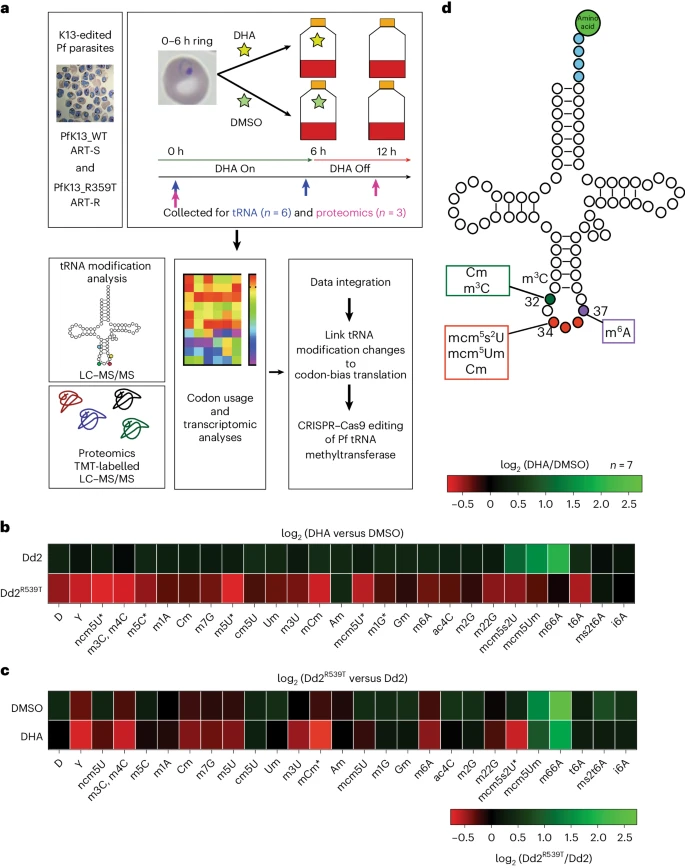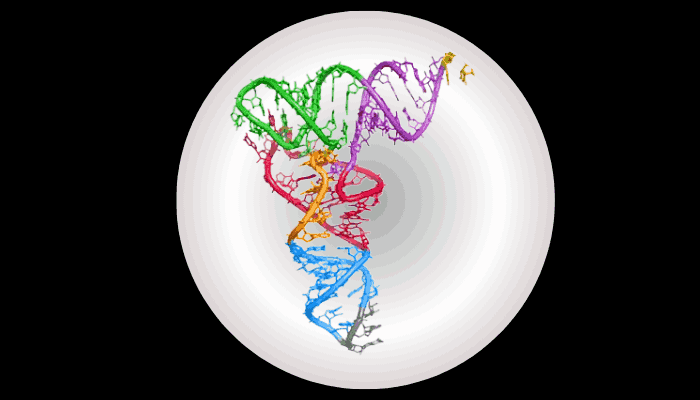THE DISCOVERY
In treating Malaria which is also known as ‘Jungle Fever’, Scientists have made a groundbreaking discovery about it’s notorious ability to resist drugs.
Researchers from the Singapore-MIT Alliance for Research and Technology (SMART), in collaboration with MIT and other global partners, have traced this resistance to a cellular process known as transfer ribonucleic acid (tRNA) modification. This finding could revolutionize the fight against Malaria.
The Mechanism of Anti Malaria Drug Resistance
Malarial parasites, particularly Plasmodium falciparum, have a unique ability to tweak their RNA, allowing them to adapt quickly to threats like the widely used antimalarial drug, artemisinin (ART). In fact, by modifying their tRNA, these parasites can survive the drug’s effects, making it difficult to eliminate them. Above all, this discovery sheds light on why these parasites can easily shrug off drugs meant to kill them.

Global Impact of Malaria
Malaria continues to be a major global health issue, affecting 249 million people and causing 608,000 deaths in 2022 alone. The growing resistance to artemisinin, the cornerstone of frontline malaria therapy, poses a significant challenge. This resistance is particularly prevalent in Southeast Asia and is now spreading into Africa.
Insights from SMART Researchers
According to Peter Dedon, co-lead principal investigator at SMART, the research shows that tRNA modification directly influences the parasite’s resistance to ART. This link between a single tRNA change and the parasite’s survival is a crucial finding. Moreover, Jennifer L. Small-Saunders, the paper’s first author, emphasizes the urgency of developing new strategies and therapeutics to combat this growing crisis.
New Avenues for Drug Development
With a detailed understanding of this ‘Jungle Fever’ genetic escape routes, scientists are now better equipped to develop drugs capable of counter acting these adaptations. The research serves as a call to action in the ongoing battle against drug-resistant microbes. Additionally, SMART AMR is actively pursuing molecules and biological agents aimed at disrupting the parasite’s RNA modification methods, potentially preventing its escape.
Support from Singapore’s National Research Foundation
SMART’s research is supported by the National Research Foundation Singapore, signaling a pivotal moment in the development of next-generation medications. Furthermore, these efforts are critical as the scientific community works to stay ahead of the parasite’s evolutionary tactics.
Conclusion
The fight against ‘Jungle fever’ is far from over, but this breakthrough in understanding drug resistance offers new hope. Consequently, by targeting the genetic mechanisms that allow malaria to resist treatment, researchers are paving the way for more effective therapies. As the world continues to grapple with this ancient enemy, these discoveries mark an important step forward in the quest to eradicate malaria.
Read here : tRNA Modification Reprogramming
Also Read : Whooping Cough Disease Outbreak Declared In Lexington




